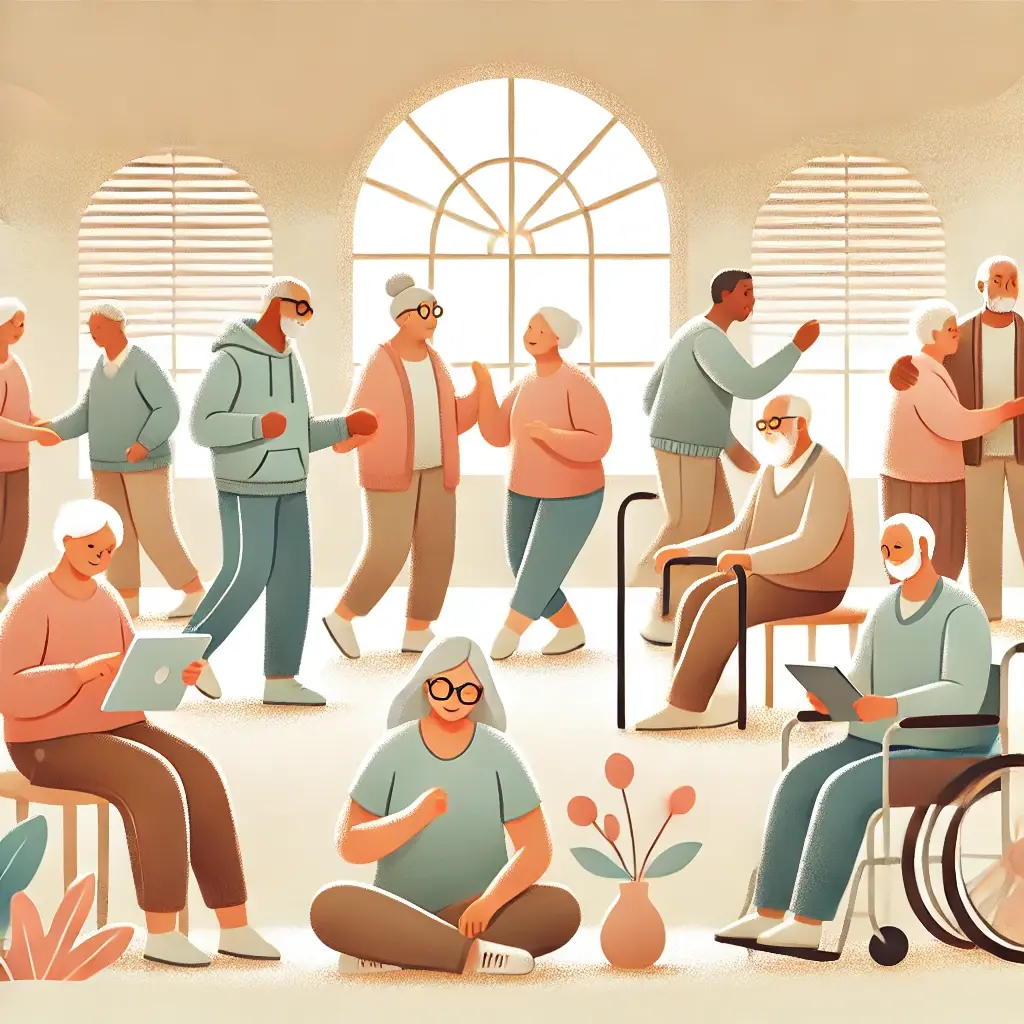2 min read
High Schooler Champions Inclusion: How One Student Is Uplifting the IDD Community
At just 17 years old, Bianca Butler is already shaping a more inclusive world for individuals with intellectual and developmental disabilities (IDD)....
2 min read
Suhana J : May 29, 2025 5:56:27 AM
Mental health support has become more visible than ever before, with increased awareness around anxiety, burnout, and therapy. But for people with Intellectual and Developmental Disabilities (IDD), access to emotional care still lags behind. Traditional systems often aren’t designed with neurodiverse needs in mind—and that disconnect has real consequences.
A Quiet Mental Health Crisis
People with IDD are significantly more likely to experience mental health challenges, from social anxiety to depression. According to recent research, adults with autism and developmental disabilities are more than three times as likely to struggle with poor mental health outcomes compared to the general population. And yet, they are far less likely to access mental health services.
Why? Because most mental health systems aren’t built with them in mind. Booking appointments, filling forms, attending unfamiliar clinics, or working with professionals unfamiliar with IDD communication styles creates friction at every step.
Making Mental Health More Accessible
Fortunately, this landscape is starting to shift. Some digital tools are emerging to fill the gap—adapting emotional support to be more intuitive, more visual, and more personalized.
Hello It’s Me is one such platform. Designed for users with IDD, the app already provides a safe environment for story-based learning, relationship coaching, and social connection. Every feature is created with clarity and emotional safety in mind.
What’s Next: Therapist Matching
Soon, Hello It’s Me will introduce a new therapy section. This upcoming feature will help users find therapists who understand developmental disabilities and are trained in neurodiverse communication. The flow is simple: the user answers a few accessible questions, gets matched, and is then able to subscribe to therapy sessions—without leaving the comfort of the app.
Caregivers will also be able to assist in scheduling or adjusting sessions. By embedding emotional support into a familiar, low-pressure digital space, Hello It’s Me aims to make therapy feel like a natural part of the user’s journey—not something foreign or intimidating.
Why This Matters
This isn't just a new feature. It's a signal that mental health belongs to everyone. That support should adapt to the user—not the other way around.
When someone with IDD gets to talk through their feelings, build emotional skills, and feel seen by a professional who truly understands them, it doesn’t just improve their mood. It changes their relationships, their confidence, and their ability to thrive in the world.
Conclusion:
As therapy tools become more inclusive, we take another step toward emotional equity. When digital platforms like Hello It’s Me make space for neurodiverse users to access real care, they’re not just adding a feature—they’re changing what mental health support looks like for millions who’ve long been left out.

2 min read
At just 17 years old, Bianca Butler is already shaping a more inclusive world for individuals with intellectual and developmental disabilities (IDD)....

4 min read
Introduction As individuals with intellectual disabilities (ID) age, they face unique challenges that require tailored support to ensure their...

2 min read
Promoting Understanding and Inclusion: Why Every Child Should Know Why Classroom Accommodations Matter Children with disabilities are more often...